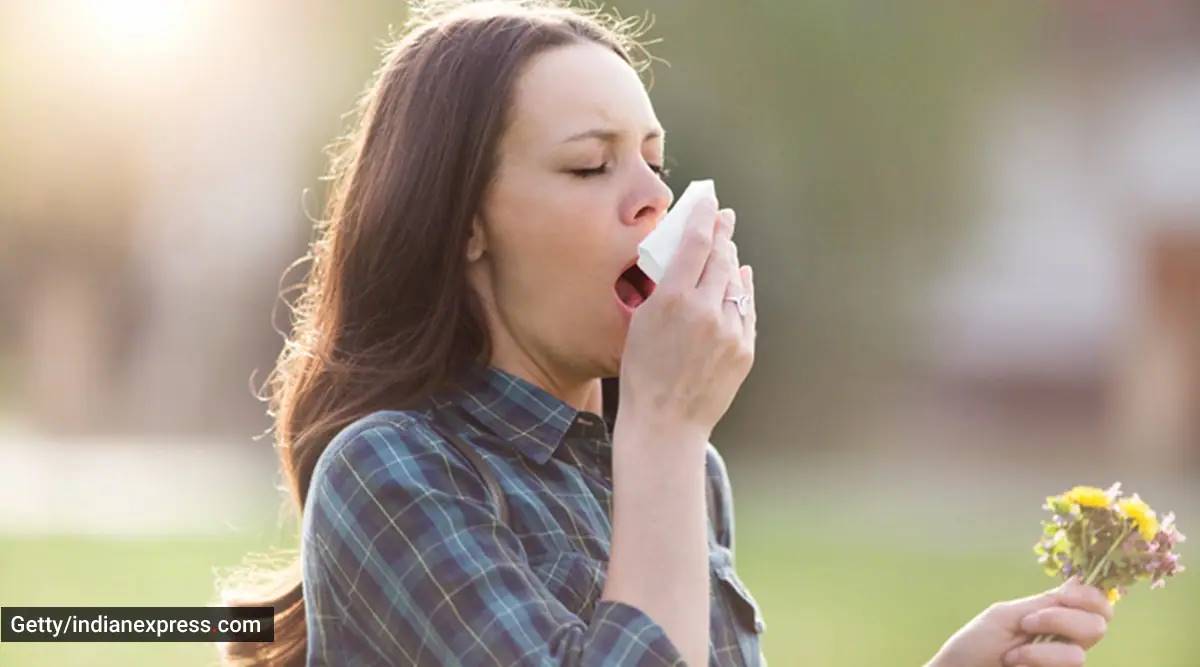How can we avoid relapses of viral fevers in flu season? What are preventives?
3 minute readPublished: Thursday, March 9, 2023 at 8:12 am

Sudden weather changes this season are impacting us and contracting cold, cough and even high fever is becoming commoner by the day. As per reports, all these infections are being spread by respiratory viruses, most commonly the influenza one, leading to fever, persistent cough and chest congestion. Even when symptoms subside and you feel well enough to resume normal activities, viral fever can recur after some time. Thats because your body is still weak, your immunity shield is compromised and you may find it difficult to combat another strain of the virus than the one you have already been exposed to. Which is why it is important for people to pay attention to their health and hygiene soon after recovery. Here are some precautions and basic measures that can be taken: 1. Cleanliness and hygiene: Remember this is not just a Covid protocol; at the risk of repetition, a strict hygiene regime holds true of all viruses. People should keep washing their hands properly at frequent intervals during the day, so no virus can sit on your skin. They should avoid touching their face, eyes, mouth and nose. It is recommended to always cover the nose and mouth with a handkerchief or tissue while sneezing or coughing. 2. Social distancing: Viral fevers are contagious and can be transmitted from personal contact. It is recommended to maintain social distance and avoid coming in contact with others and large groups to avoid transmission. 3. Nutrition and Diet: All of us should focus on healthy food and drinks which would help in speedy recovery from viral fevers and prevent recurrences. We should consume fresh fruits, vegetables, drink fresh juices and plenty of water. During the illness, people must avoid fatty, processed and spicy food in order to give the body enough nutrition to recover fast. Try to avoid cold foods. Eating freshly-prepared warm food will help reduce the chances of viral fever as viruses tend to grow in cold or normal temperatures. This also builds up your immunity. 4. Adequate sleep: People should aim to get enough rest and sleep throughout the day to facilitate the healing process and to avoid contracting new illnesses. Adequate sleep is essential to develop a good immunity. Moreover, exertion during fever worsens the health condition and might lead to a spike in temperature levels. So dont overwork while being bedridden. 5. Light exercises post recovery: People should keep their body and mind active. They should practise basic breathing exercises, yoga and move their body. 6. Stress management: Taking too much stress and feeling anxious makes a person weaker and also slows down healing. Hence, it is important for a patient to stay calm and stress-free. 7. Medication: People suffering from respiratory illnesses may take symptomatic medications like antipyretics, anti-allergic, decongestants and steam inhalation. People should avoid taking antibiotics without consulting the doctor. And even if you feel better, do not discontinue the dosage and course advised by your doctor. 8. Vaccination: Appropriate vaccinations, like the influenza vaccine, should be taken under the guidance of doctors at the right time and frequency. By taking these precautions, we can significantly minimise the chance of relapses during flu season.